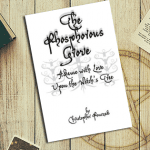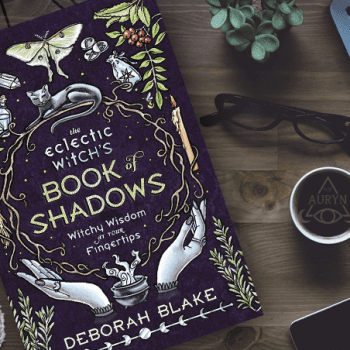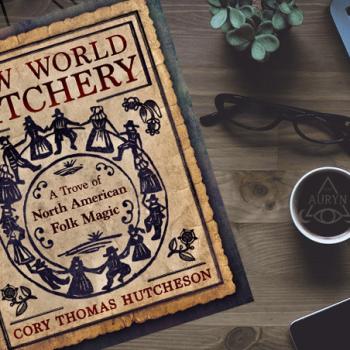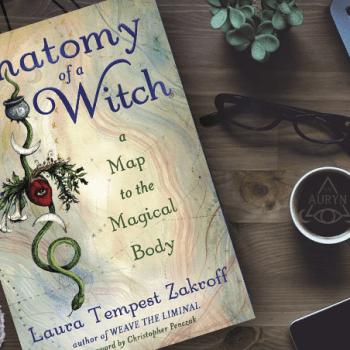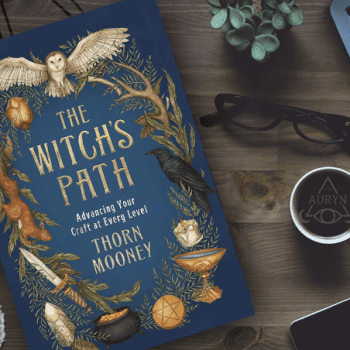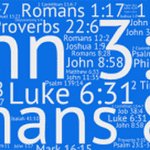John Beckett’s writing is always level-headed, humble, grounded, wise and insightful. So it was no surprise to me that his first book The Path of Paganism: An Experience-Based Guide to Modern Pagan Practice kept this same spirit. The book is divided into main areas of focus consisting of contemplating the foundation of what Paganism is, putting those beliefs into practice, having an intermediate practice that goes beyond the 101, stepping into leadership, priesthood and “what comes next” which has a focus on continuing and mastering your spiritual education. Beckett writes, “Much of the “advanced” religious practice (in any tradition) isn’t all that advanced. It’s simply the basics, done over and over so many times it becomes intuitive. It’s not glamorous and it’s not exciting. It just works.”
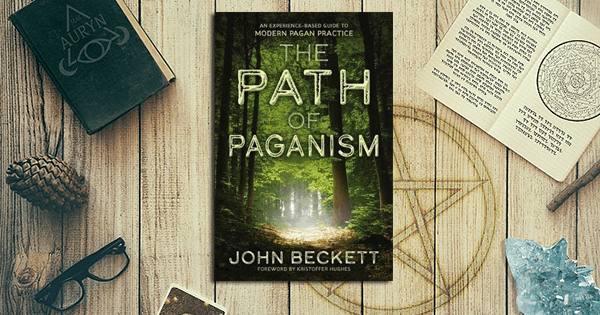
Beckett states that defining Paganism is pretty much impossible with its myriad of traditions and eclecticism and provides a “big tent” inclusive model with room for everyone, consisting of four main poles holding up that big tent to explain to the types of Paganism. These poles are those who are Natured-Centered, Deity-Centered, Community-Centered, and Self-Centered. These poles create a Venn diagram of intersection creating 13 different types of Pagans. With this understanding of Paganism, we can begin to have a framework of discussion and it’s from this foundation that Beckett shares the wisdom of his experience and ruminations for the book.
One of the things that I like about Beckett’s writing is that he has a very balanced approach, acknowledging religious and spiritual experiences as well as rationality. He tackles issues such as lore and myth versus unverified personal gnosis, an emphasis that bad science makes bad religion, our relationship with nature and society as Pagans and our relationship with ourselves, our gods, ancestors, and our spirits – but most of all our relationship with our spiritual practice.
The beauty of Beckett’s broad scope is that any Pagan can read the book and get something out of it, whether one is a Druid, Wiccan, Heathen, Hellenic Polytheist, a Pantheist, an Atheistic Pagan or anyone else whose practices a belief system that would fall under Paganism. There are plenty of rituals and tips for building and deepening a personal practice. Each chapter closes with profound questions for contemplation that anyone can reflect on to help strengthen what the reader personally believes and strengthen their own practice.

